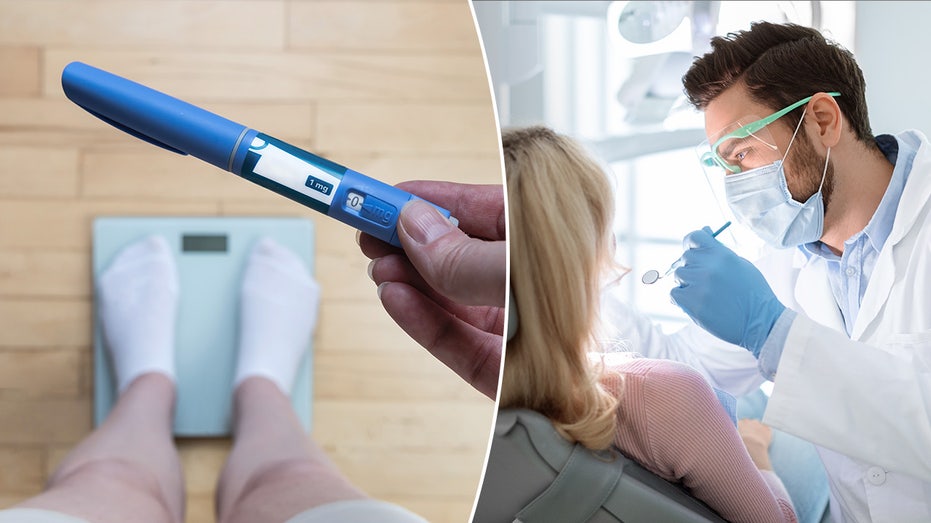Is Ozempic Causing Dental Problems? Expert Insights on Its Impact on Your Oral Health
Patients report dental problems such as tooth decay and dry mouth after using GLP-1 medications like Ozempic for weight loss, though scientific evidence is lacking.

Despite their rising popularity for treating diabetes and aiding in weight loss, GLP-1 medications such as Ozempic and Wegovy are under growing scrutiny for a range of side effects not always highlighted in clinical discussions. While gastrointestinal complaints continue to top the list of concerns, a host of lesser-known issues—including mood changes, hair loss, and what some describe as "Ozempic face"—have entered the conversation.
Recently, a new term has emerged among patients and healthcare providers on social media: “Ozempic teeth.” This phrase refers to a perceived uptick in dental problems, such as tooth decay, gum irritation, and bleeding, allegedly linked to the use of GLP-1 receptor agonists. Although scientific evidence establishing a direct connection remains absent, anecdotal reports are mounting.
Commonly reported GLP-1 medication side effects include:
- Dry mouth
- Nausea
- Vomiting
- Acid reflux
These symptoms, according to dental professionals, may play a role in oral health complications. Dr. Ricky Marshall, a dentist practicing in Arizona, notes that dry mouth is frequently observed among patients taking Ozempic. He contends that while the medication itself might not directly cause tooth decay, its side effects—particularly reduced saliva—could be the primary culprit behind emerging dental issues.
“Dry mouth is likely the main cause of dental problems people are experiencing,” Dr. Marshall explained. Saliva serves a key protective function in the mouth, neutralizing acids and washing away food particles. When its production decreases, the risk of plaque buildup, cavities, and tooth sensitivity rises.
Additionally, Dr. Marshall points out that GLP-1 drugs can increase stomach acid by slowing digestion. This, in turn, may result in heartburn or acid reflux. “When acid from the stomach comes into contact with the teeth, especially due to vomiting or reflux, it will absolutely contribute to increased tooth decay,” he said.
Not all experts have noted a direct correlation between these medications and significant dental harm. Dr. Whitney White, a Las Vegas-based dentist, reported she has not personally seen a rise in oral health issues linked specifically to GLP-1 drugs. However, she emphasizes the importance of patients disclosing all medications, noting, "Dry mouth leads to plaque buildup, which in turn leads to cavities and sensitivity."
For those experiencing acid reflux, over-the-counter antacids are often suggested as a remedy. These preparations neutralize stomach acid, reducing its damaging impact if reflux occurs. Yet, health experts caution against overuse due to potential long-term side effects, and recommend these solutions only for occasional reflux.
To combat dry mouth, experts recommend several strategies:
- Chew sugarless gum to stimulate saliva production
- Drink plenty of water to keep the mouth hydrated
- If possible, take medications that cause dry mouth in the morning, as nighttime dryness may increase the risk of dental problems
Manufacturer prescribing information currently does not list dental complications as a known side effect for these medications. Both Novo Nordisk and Eli Lilly, makers of the most prominent GLP-1 drugs, declined to comment specifically on the topic.
As more people turn to GLP-1 therapies for weight management and metabolic health, ongoing monitoring and research will be necessary to fully understand their broad impact—including the possible link to oral health challenges. For now, healthcare providers stress vigilance in dental hygiene and open communication about medication history as prudent steps for all patients using these drugs.




